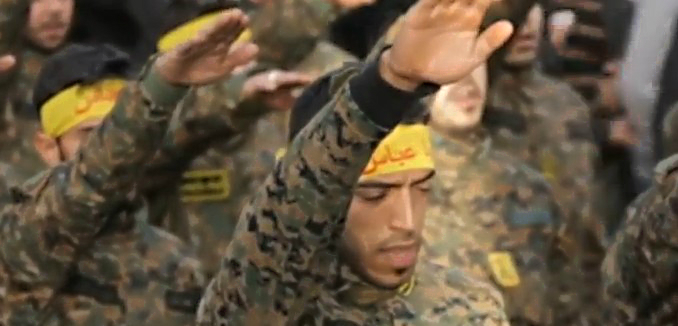The Obama administration has curtailed its demands for the immediate removal of Syrian dictator Bashar al-Assad and has allowed Iran to join diplomatic talks on Syria’s civil war, signaling that the Islamic Republic may continue “wielding influence over Syria” and arming terrorist groups unabated, the Associated Press reported on Thursday.
“We face an environment now that bears little resemblance to the kind of black-white scenarios that make decisions relatively easy,” U.S. Secretary of State John Kerry said in a speech on Syria Thursday. “Put simply, there are bad guys all around and good guys who are not accustomed to working with each other.”
Searching for a diplomatic path forward, Kerry and other U.S. officials have tamped down demands for Assad’s quick departure and allowed Iran — whom they call the world’s leading state sponsor of terrorism — to join the mediation process.
By doing so, Washington has accepted that Tehran can continue wielding influence over Syria, which it has relied on for decades to project power throughout the Middle East. That includes arming anti-Israel and anti-U.S. forces Hamas and Hezbollah, which the U.S. considers terrorist organizations. The shift has occurred although the Obama administration vowed to “redouble” efforts to counter Iran’s regional ambitions.
The administration’s decision to accept Iranian influence in Syria, including Tehran’s arming of Hezbollah, marks the abandonment of its assertion during the debate over the nuclear deal that the regime would still be penalized for its support of terrorist organizations, and only nuclear-related sanctions on Iran would be eased.
During a Senate Foreign Relations Committee hearing in July, Kerry explicitly said that the United States would enforce United Nations Security Council Resolution 1701, which forbids any arms transfers to Hezbollah. Kerry’s assurance that the U.S. would not allow Iran to arm Hezbollah, even with a nuclear agreement in place, begins at 5:53 in the video embedded below. The transcribed portion of Kerry’s statement begins at 4:58.
We’re not going to come back and just slap [sanctions] on again, but that absolutely does not mean that we are precluded from sanctioning Iranian actors, sectors, as any actions or circumstances warrant. So all of our other sanctions authorities remain in place, they are unaffected by this agreement, and Iran only said, if you read what it says, that they would treat the imposition of new nuclear related sanctions as the grounds to cease performing. But they are clear and we are clear that we have all other kinds of authorities and let me specific on that because it’s important for this whole debate to be clear. Even with the lifting of sanctions after eight years on missiles or five year on arms are the UN sanctions. It’s only the UN sanctions. We still have sanctions. Our primary embargo is still in place. We are still sanctioning them. And, I might add, for those things that we may want to deal with because of their behavior, for instance, Hezbollah, there is a UN resolution, 1701, the prevents the transfer of any weapons to Hezbollah. That will continue and what we need to do is make sure that we’re enforcing it.
A number of analysts have recently highlighted the administration’s softening position on Iranian arming of Hezbollah. In response to the news that the White House would allow Iran to participate in the mediation process on Syria, Tony Badran, a research fellow at the Foundation for Defense of Democracies, observed that the administration was effectively offering “protection for Iranian missile shipments to Hezbollah.” Lee Smith, a senior fellow at the Hudson Institute, noted that the Senate testimony of Assistant Secretary of State for Near East Affairs Anne Patterson seemed to indicate acceptance of Iran protecting “their interests and particularly their access to Hezbollah.”
[Photo: Channel 4 News / YouTube ]




